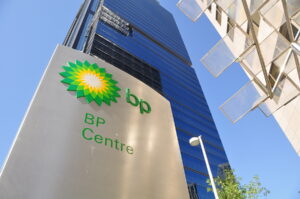BP eyes nine biomethane projects in Brazil

Speaking at a British Chamber of Commerce event in Rio de Janeiro, de la Vega said the projects would likely use feedstock from BP’s existing ethanol operations, though he gave no details on capacity, location or timelines.
Biofuels form a key part of BP’s strategy in Brazil alongside its offshore pre-salt oil assets.
The company strengthened its position in the ethanol and sugarcane sector after acquiring full ownership of Bunge in 2024.
Now operating as BP Bioenergy, it runs 11 plants and is the country’s second-largest ethanol producer behind Raízen, a Shell-Cosan joint venture.
BP is already developing its first biomethane facility in Goiás state, with capacity of 70,000 m³/d, using sugarcane bagasse as feedstock.
De la Vega added that the firm is also considering producing sustainable aviation fuel (SAF), building on its experience in co-processed SAF and exploring alcohol-to-jet technologies.
SAF is particularly attractive in Brazil given BP’s role as a leading jet fuel distributor across more than 40 airports.
While sugarcane remains central, BP is also weighing corn ethanol.
De la Vega said there were “interesting synergies” between corn and sugarcane, noting the fast growth of corn ethanol in Brazil.
Production reached 7.55bn litres in 2024, equivalent to 20pc of the country’s total ethanol output, according to the government’s energy research agency EPE.

















